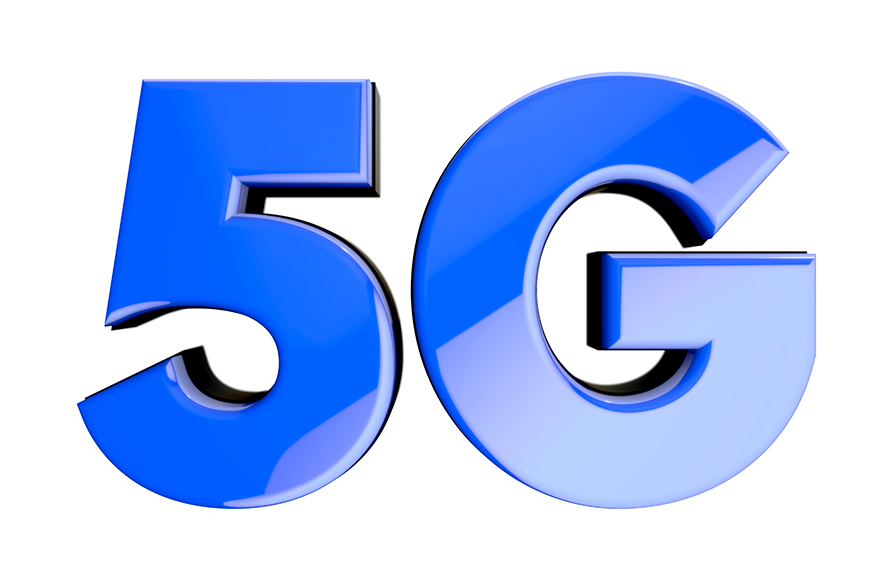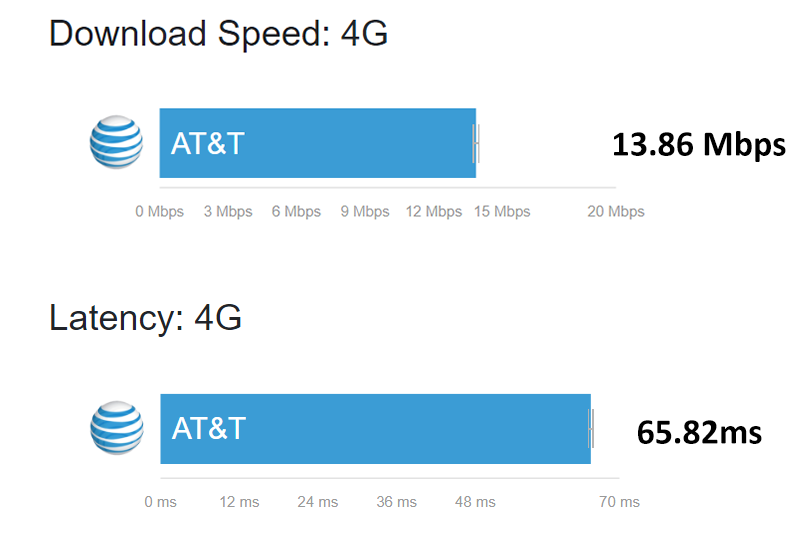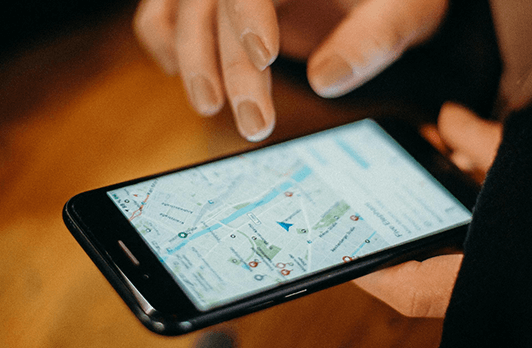by Sarah Pereau | 16 Jan 2018
AT&T announced plans to launch mobile 5G to consumers in a dozen markets in late 2018.
 AT&T completed fixed wireless and mobile 5G trials in several markets during 2016 and 2017. AT&T will be the first carrier in the US to bring 5G to consumers.
AT&T completed fixed wireless and mobile 5G trials in several markets during 2016 and 2017. AT&T will be the first carrier in the US to bring 5G to consumers.
Current LTE Metrics vs. Future 5G Metrics
There are two key metrics being used to define 5G – frequency, and latency. AT&T states that its current LTE network delivers download speeds up to 15 Mbps. Currently, mobile networks operate on the mobile frequency spectrum, which is below the millimeter wave spectrum. Mobile 5G networks will use the millimeter wave. According to RCR Wireless, the millimeter wave is crucial to 5G delivery “…by allocating more bandwidth to deliver faster, higher-quality video, and multimedia content and services.” The more bandwidth a network has, the faster it can move data across devices.
Latency refers to any delay in data communication across a network. The higher the latency, the longer the network delays. For example, latency is the brief delay you get between the moment you hit play on your music streaming service and the moment the music begins to play. A company called Open Signal, who sources data from consumers to “…measure mobile network performance,” released a report in February 2017 with latency results using data from multiple carriers. The latency rate on AT&T’s LTE network, at the time, averaged 65.62 milliseconds.

(Source: Open Signal)
In June 2017, AT&T partnered with Ericsson and Intel to begin the second round of 5G trials in Austin, Texas. The trial was rolled out to DIRECTV NOW participants on a millimeter wave (mmWave) spectrum and delivered extremely low latency connectivity.
The results of AT&T’s 5G Austin trial delivered speeds up to 1 Gbps with latency under 10 milliseconds.
AT&T did not offer specifics in regards to which cities will see mobile 5G, nor has it released information regarding exactly what speed consumers can expect once their mobile 5G network is launched. Melissa Arnoldi, president of AT&T Technology and Operations, says that “with faster speeds and ultra-low latency, 5G will ultimately deliver and enhance experiences like virtual reality, future driverless cars, immersive 4K video, and more.”
GeoTel is the leading provider of telecommunications infrastructure data, including fiber routes data from carriers across the country. For over sixteen years, GeoTel’s products have been providing companies and government entities with the leverage and insight necessary to make intelligent, location-based business decisions. For more information or a demo, please contact our experts at (407) 788-8888.

